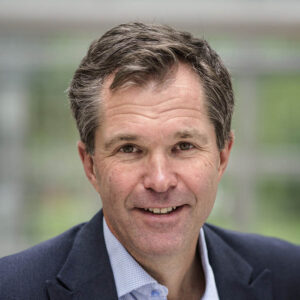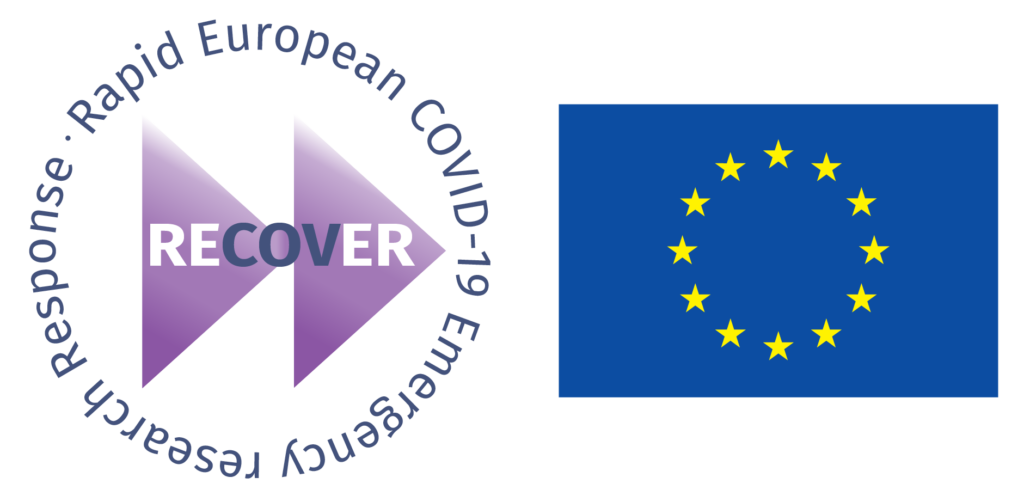07 January 2021
To better understand what working on COVID-19 during the pandemic entails, we have interviewed RECOVER project member John-Arne Røttingen about his role in the project and day-to-day activities.
What is your role within RECOVER/in the COVID-19 pandemic and what it entails?
I used to be the Chief Executive of the Research Council of Norway, but I recently moved to a new role as Ambassador for Global Health in the Ministry of Foreign Affairs. That means that I am responsible for the global health policies and the related development aid from Norway, and currently leading Norway’s work on the Access to COVID-19 Tools Accelerator. For the RECOVER project, I am co-leading the work on Coordination of European COVID-19 Adaptive Platform Trials with Jacques Demotes. My main responsibility is to chair the Trial Coordination Board which consists of lead investigators from the EU-RESPONSE platform trial and RECOVER as well as investigators from other trials and other stakeholders. The goal is to avoid redundancies, to promote complementaries, and to facilitate cooperation.
Could you tell us a little bit about the project/work you’re involved in?
Both RECOVER and EU-RESPONSE focus on therapeutic trials, for new drugs or repurposed drugs. We mostly focus on hospitalized patients, but we have also started to engage with trials in the community because we need to better understand how we can start early treatment. This is important especially for the people who are at most risk, so we can prevent them from being seriously ill and being hospitalized. We have up until now also facilitated information sharing on plans for vaccine trials, but this will now be coordinated through a new EC funded project.
What is the expected impact of the work you’re doing?
What we would like to achieve is to include many more patients in clinical trials. We need much more systematic learning to be able to improve the clinical management of the COVID-19 disease. Our goal is to find effective treatments. These will not be individual drugs but a combination of several treatment strategies. In other words, the goal is to optimize clinical care for COVID-19 patients in the whole spectrum.
In the context of COVID-19, what are some of things you’ve found surprising to work with?
There were too many small trials which could not deliver conclusive results. I think that RECOVER and EU-RESPONSE, working together, provide a platform for a more consorted action. On the other hand, we see that there is a very high willingness among researchers to work hard and collectively to find the best treatment for COVID-19. There is a changed practice of sharing results at an early stage, and that’s very valuable.
Do you have any lessons to share for the future?
During the COVID-19 pandemic, we could benefit from an established clinical research network across countries. It is fundamental to have these platforms as they are necessary building blocks for a quick response. But what we have also learned, is that the structures we had in place in those networks were not enough. We need a more strategic and managed approach to do research in a crisis situation. I am a strong defender of research autonomy, but I also think a crisis needs a certain level of top management and structure.
About John-Arne Røttingen

Professor John-Arne Røttingen is Ambassador for Global Health at the Ministry of Foreign Affairs, Norway. He is Visiting Fellow of Practice at Blavatnik School of Government, Oxford University. He was the founding Chief Executive Officer of CEPI – Coalition for Epidemic Preparedness Innovations; and has been the Chief Executive of the Research Council of Norway; Executive Director of Infection Control and Environmental Health at the Norwegian Institute of Public Health; founding Chief Executive of the Norwegian Knowledge Centre for the Health Services; Professor of Health Policy at the Department of Health Management and Health Economics, Institute of Health and Society, University of Oslo; and Adjunct Professor at the Department of Global Health and Population, Harvard T.H. Chan School of Public Health. He received his MD and PhD from the University of Oslo, an MSc from Oxford University and an MPA from Harvard University.
